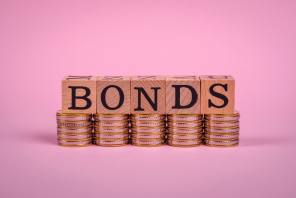


China does not have a peaceful track record. A number of the bloodiest conflicts in history have taken place or originated in China. From the Taiping rebellion, to Mao Zedong’s Cultural Revolution, to the Tiananmen Square protest, Chinese society is no stranger to upheaval and violent crackdown.
Hong Kong is one of the main offshore centres for renminbi trading, as well as a business showcase for China. Those living in Hong Kong have greater levels of opportunity, wealth, and more freedom than their mainland China counterparts. It is in the best interests of all parties involved to come to a resolution and defuse violent conflict.
Sectors for investment
Whatever the outcome, uncertainty around Hong Kong is unlikely to hamper China’s progress from emerging market to the mainstream.
Frank Yao, senior portfolio manager for the greater China equity team at Neuberger Berman, says, “Investors should consider where China exposure fits within their asset allocation. Increasingly, many investors are considering Chinese equities as a diversifier and return enhancer within a global asset allocation.
“The correlation between the Chinese markets and other major equity markets is considerably lower than the correlation found among developed markets. Instead of merely a tactical play, Chinese equities have shifted into allocators’ core asset allocation.”
Successful implementation of social and economic reforms by Chinese president Xi Jinping would help the world’s second-largest economy gain a stable footing as it transitions to a consumption-driven society from a producer model.
Ken Wong, client portfolio manager at Eastspring Investments, says, “While the proposed state-owned enterprise (SOE) reforms look daunting, we believe there will be dividends from these reforms in the long term. The MSCI China index is weighted heavily toward financials, industrials and energy companies – sectors dominated by SOEs and there has been considerable progress on the SOE reform front.”
The MSCI China index is made up by a range of country, composite and non-domestic indices for the Chinese market. It is intended for both international and domestic investors.
Brett Tucker, partner at Baird Capital and member of their China growth equity team, says, “We are most excited about investing in consumer and healthcare companies in China. We are spending the most time in these two sectors – seven of our 11 investments in China were in consumer and healthcare.
“We are particularly interested in the service side of both of these sectors. Winning companies in these sectors are growing very quickly because the Chinese consumer tastes and healthcare demands are changing so fast.”



